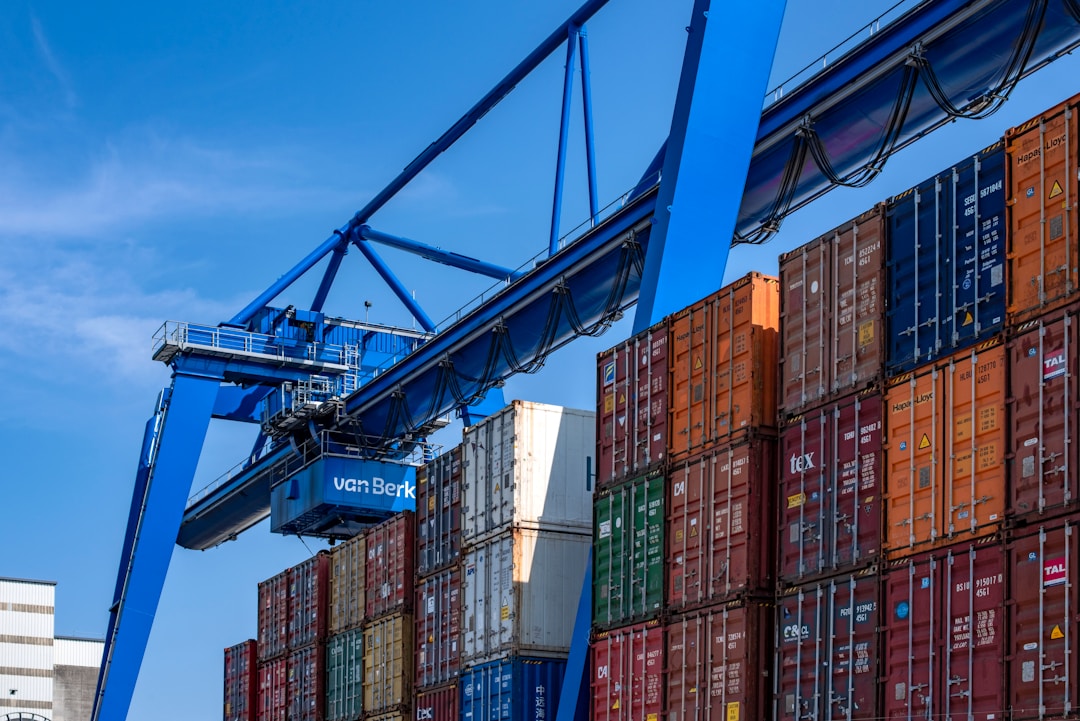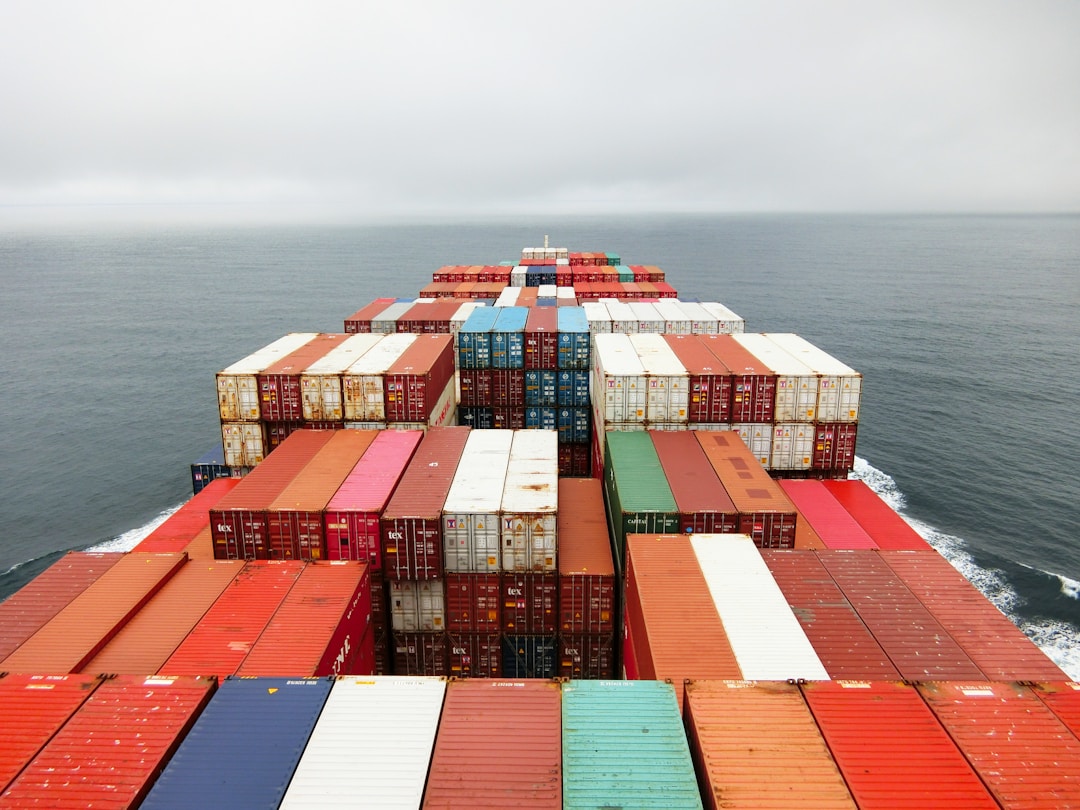As global shipping networks continue to expand and delivery services are pushed to the brink, new faces in the cargo industry have emerged to help address the needs of shippers, distributors, and buyers worldwide. Even local cargo businesses provide an invaluable service to regional supply chains.
Since the demand is so high, it only makes sense to start a cargo shipping brand of your own, right? Before you take out business loans or start to build up your fleet, however, it’s important to know some key tips for industry beginners. Here’s how you can run a more successful cargo shipping brand that’s poised to become a household name.
Invest in quality branding materials.

A big part of cargo business success lies in branding. After all, if you can’t develop robust name recognition, it will be difficult to break into a competitive market. While you don’t need to focus on gimmicks, advertising trends, or marketing fads, you can invest your money in some well-thought-out branding materials that leave a lasting impression upon your clients.
These can range from custom printed folders highlighting your logo redesign to durable metal business cards that stand out from their paper counterparts. While you don’t need to give out a branded pen to everyone who calls asking about your supply chain and turnaround times, it does help to give prospective customers tangible reminders of who you are.
Folders, in particular, are great options because they’re cost-effective and often hold important documents, project proposals, and more information. A custom folder or pocket folder full of branded materials can even serve as a proposal packet. Whether you’re looking to design your own custom folders or leverage a design company with years of experience to create a stronger presentation folder, it can help your cargo brand leave a strong, lasting impression. Though a custom presentation folder might not be what ultimately seals the deal, it can certainly boost your shot at a successful showing.
Whether you’re using branding templates to craft your own materials or you’re turning to custom design, branding materials can make a major difference in your success.
Offer robust quality control.
Whether you’re running a small cargo shipment fleet or a freight forwarder, each person on your team needs to understand your quality control metrics and adhere to them. This is especially important if you work with crates or pallets of perishable goods, sensitive materials, or fragile products. Container fumigation, in particular, is one service that you can’t afford to skimp on. Without the quality control offered by a solid fumigation service, you risk damaging products, causing untold waste expenses, and even damaging shipments. That’s why professional quality control is so important.
Without a fumigation service, you risk shipment infestation, which can negatively impact your brand reputation and lower your value as a commodity service. The right fumigation service can offer you some peace of mind and keep termites, ants, and other harmful pests out of your shipments. Phytosanitary measures are also beneficial for cargo treatments, so you should keep these in mind when you’re handling package information, crates, and other shipments.
Invest in preventive maintenance.

One massive electrical repair has the potential to upend your entire business. Even if you’re not ready for equipment or electrical panel upgrades, it still pays to invest in regular preventive maintenance to avoid any major breakdowns or bottlenecks. At the least, it’s a good idea to contact a professional electrician for an inspection. If your cargo brand is U.S.-only, you’ll have to review local maintenance standards. On the other hand, global brands should adhere to international standards when they’re trying to invest in new equipment or repair older cargo equipment.
If possible, meet with a brand supervisor to discuss setting up a regular equipment inspection protocol. A semi-frequent schedule is a good idea for most growing brands though you’ll want to revisit this as you scale. You can even consider consulting with the best electricians and repair technicians to find equipment maintenance tools that can help you diagnose and address any issues.
While this might not seem like a pressing expense, especially if things are running smoothly, it’s always good to regularly inspect and maintain all mission-critical equipment. If a piece of equipment breaking down wouldn’t stall your entire operation, it probably doesn’t qualify as mission-critical. However, that’s up to you and your team members to determine internally.
Running a successful cargo business requires patience.
Whether you want to be known for your great customer service or you’re focused on installation services that benefit your equipment longevity, it often takes time to build up a brand. Between networking, providing great service, and reaching out to potential customers, there’s plenty of work to accomplish. Luckily, as long as you do a great job and provide quality cargo services that meet necessary cleanliness and fumigation requirements, you have the potential to stand out in a crowded industry.


